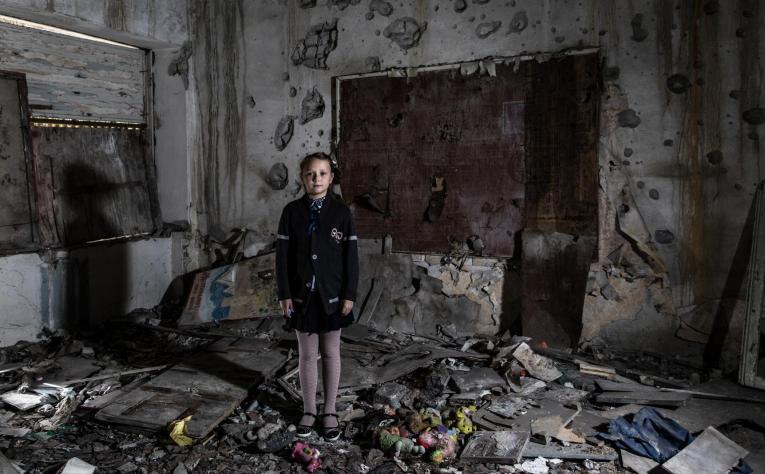I constantly strive to develop and acquire new knowledge, my experience and additional education confirm this.
Adopting a child in times of war, especially in a country experiencing conflict, can be difficult and fraught with many challenges. Here are some aspects to consider:
Safety: First and foremost, safety must be considered for both adopters and the child being adopted. Military conflict can create dangerous conditions for all parties, so it is important to assess the risks and take measures to reduce them.
Legal aspects: Adopting a child requires compliance with legal procedures and legal requirements. In times of war, these processes can be complicated by disruption of order, resettlement, or changes in power. It is important to get the right information and act within the law.
Social and psychological aspects: Children who are orphaned or left without parents due to war may need special support and care. Adoptive parents may also face challenges related to the adaptation of a new family member to new conditions.
International aspects: If the adoption takes place through an international process, it is necessary to take into account not only the domestic laws of the country, but also international conventions and agreements. In such situations, cooperation with international agencies and organizations can be useful.
Ethical aspects: Adopting a child in wartime raises ethical questions, in particular, whether such actions can be considered morally justified in such conditions. It is important to carefully weigh all aspects and act in the best interests of the child.
Representation in guardianship bodies plays an important role in the process of adopting a child, especially in the context of ensuring the rights and interests of the child. Here are some key aspects of representation in these bodies:
Protection of the rights of the child: Representatives in the guardianship and guardianship authorities are obliged to guarantee the protection of the rights of the child at each stage of the adoption process. This means considering the interests of the child as the main priority and taking measures to ensure his safety, well-being and development.
Adopter Support: Representatives can provide support to adopters who are going through the adoption process. This may include advising on procedures, providing information on the rights and responsibilities of adoptive parents, and helping to resolve potential problems or conflicts.
Liaison with other parties: Representatives may liaise with other stakeholders, such as guardianship authorities, courts, adoptive parents and birth parents, to ensure an efficient and fair adoption process.
Documentation and reporting: Representatives usually document all aspects of the adoption process and ensure reporting to the competent authorities. This allows to ensure transparency and compliance of all actions with legal requirements.
Protection of vulnerable groups: Representatives in guardianship and care authorities usually have a special responsibility for the protection of vulnerable groups of children, such as orphans, disabled children, children who have survived the trauma of war, etc. They must consider the special needs of these children in the adoption process.
Representation in guardianship and trusteeship bodies requires responsibility, professionalism and the ability to work in the interests of the child. Ukrainian legislation defines several main grounds for adopting a child:
Orphan status: Adoption can take place if the child has orphan status, that is, has lost parental care for various reasons, such as the death of the parents or the deprivation of their parental rights.
Deprivation of parental custody: Another ground for adoption is deprivation of parental custody. This can happen in cases where the parents are unable or unwilling to raise the child or violate the child's rights.
Notarized consent of parents: In the event that the child's parents are alive and able to express their will, they can give notarized consent to the adoption of their child. This becomes the basis for adoption without deprivation of parental care.
In order to start the adoption process, it is usually necessary to contact the guardianship authority, trusteeship bodies, guardianship and trusteeship bodies can provide advice and information about the procedure and requirements. Adoption is a serious legal act, so it is important to follow all legal requirements and procedures to ensure the rights and interests of both the child and the adoptive parents.





























